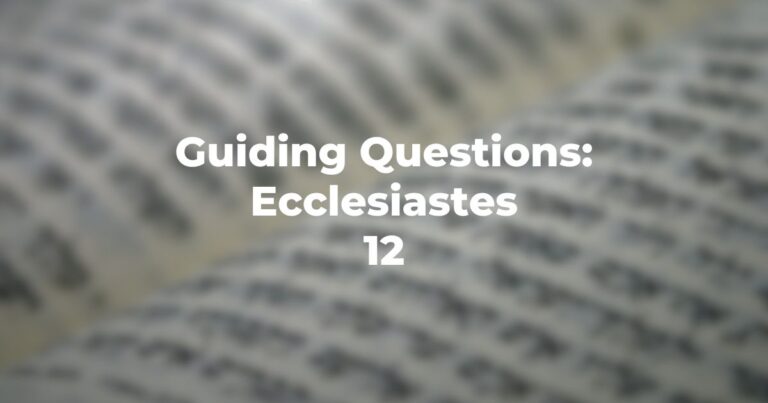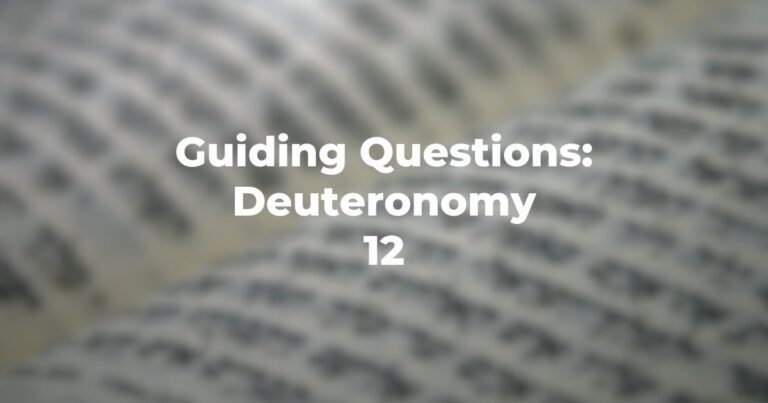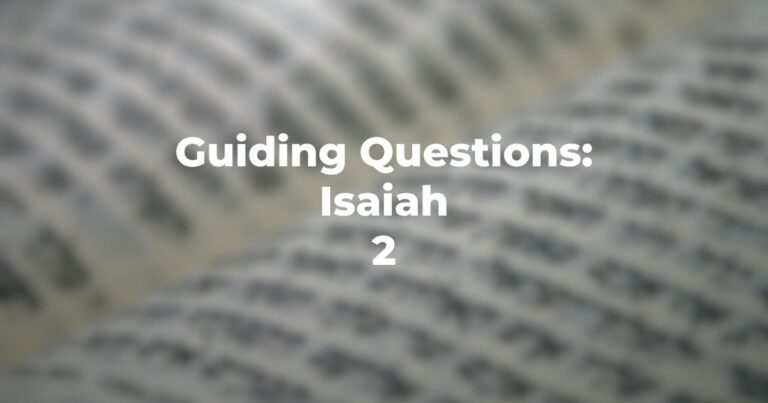- Where is the audience that is being addressed by the prophet? Is it in Eretz Yisrael? Is it in Babylon?
- Location aside, does the message address itself to the Israelites post-586 B.C.E. or pre-586 B.C.E.?
- Does the message predict a “good time” — and, if so, does it indicate when?
- What is the key of the consolation — a “human event” or a Divine intervention?
- As an aside, has Isaiah 40:9 been utilized by fundamentalists in another faith to justify a “prediction”?
- Beginning with Isaiah 40:12, what is the intent of the passages which attest to the uniqueness of Adonai?
- Why does this ode (which includes Isaiah 40:12-31) constitute a part of the “comforting message”?
- What is the purport of Isaiah 40:19-20 and, in essence, what do they attack?
- Does the ode to Adonai indicate any limitations to the provenance of Its authority and potency?
- In Isaiah 40:26, what echo is there from Bereyshit?
- Would Isaiah 40:28 imply or explicate that Adonai, in the words of the prophet, is not only mightier than any “other Divinity” but that It is the only Divinity?
- How do Isaiah 40:31 and Isaiah 40:1 complement one another?
Author
-

Exploring Judaism is the digital home for Conservative/Masorti Judaism, embracing the beauty and complexity of Judaism, and our personal search for meaning, learning, and connecting. Our goal is to create content based on three core framing: Meaning-Making (Why?), Practical Living (How?), and Explainers (What?).
View all posts




